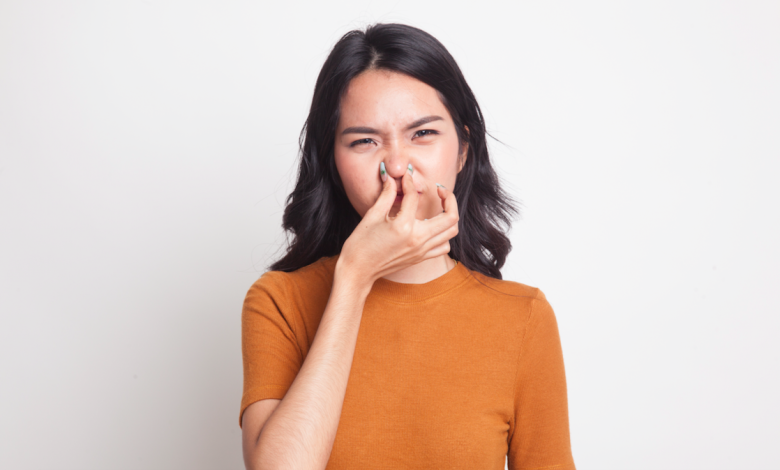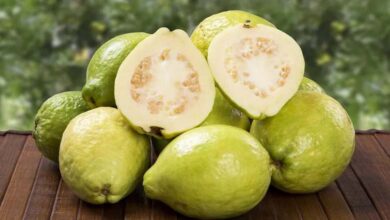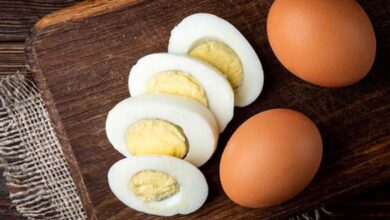Bad breath: this type of food would help fight it, according to the study

It is a fairly common phenomenon, which affects between one quarter and one half of the population, occasionally or chronically: bad breath. Chewing gum, mint pills… You’ve tried everything and yet you find that your breath still smells unpleasant? Your diet could play a key role in overcoming this inconvenience. According to a study published in the British Medical Journal on December 20, a diet rich in probiotics could help.
Foods high in probiotics would be effective against bad breath
To do their work well, scientists at the University of Sichuan in China analyzed data from 7 clinical trials involving 278 people between the ages of 19 and 70. Several criteria were taken into account, including:
the severity of bad breath as defined by the levels of volatile sulfuric compounds detected in the mouth;
the PLO score, which measures breath odor at different distances from the mouth;
tongue coating scores;
plaque index.
The researchers then compared specific probiotics, Lactobacillus salivarius, Lactobacillus reuteri, Streptococcus salivarius and Weissella cibaria, with placebos and found that probiotics can help cool the breath. “Probiotics can inhibit the breakdown of amino acids and proteins by bacteria in the mouth,” Dr. Longjiang Li, lead author of the study, told the Daily Mail.
To benefit from these probiotics, a high-protein diet would be the key. Indeed, according to Michelle Routhenstein, a dietician who was not involved in the study, fermented foods such as yogurt, sourdough bread, or pickled beet can help fight bad mouth odors. ‘Having a variety of probiotic-rich foods can be beneficial not only for the oral microbiota, but also for the gut microbiome, which is an important component of overall health and heart health in particular,’ she told MedicalNewsToday.
Bad breath probiotics: No significant difference in plaque index
Based on the results of the analyzes, the researchers found that PLO scores decreased significantly in participants who received probiotics compared to those who received placebos. However, the study authors did not observe any difference in the plaque index and tongue plaster score.
‘Further high quality randomized clinical trials will be needed in the future to verify the results and provide evidence of the efficacy of probiotics in the treatment of halitosis,’ the scientist says.












